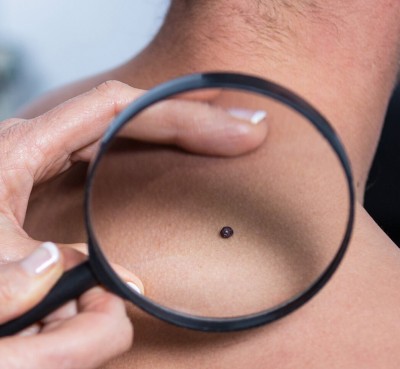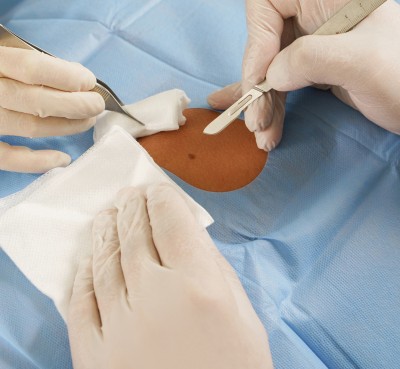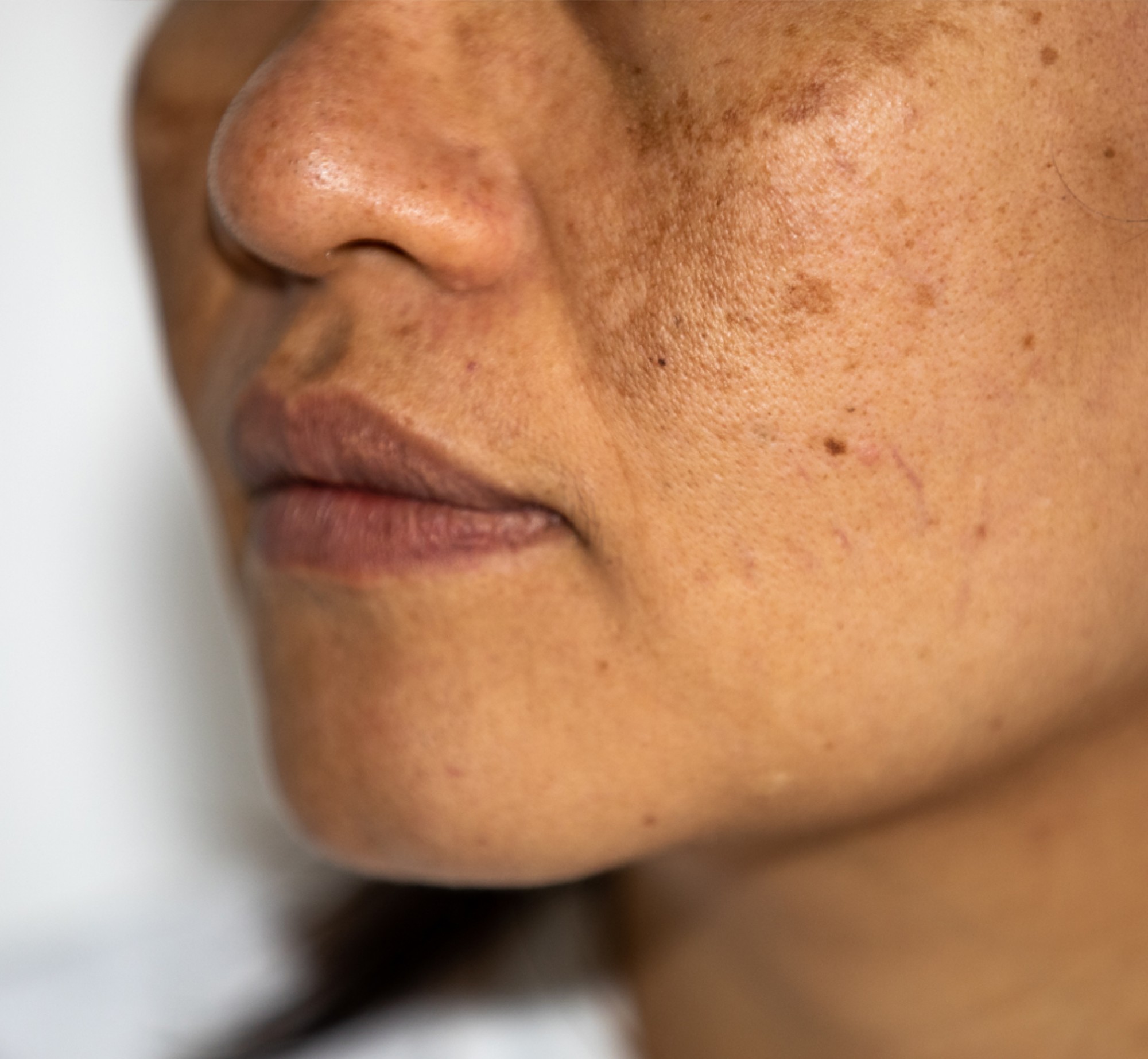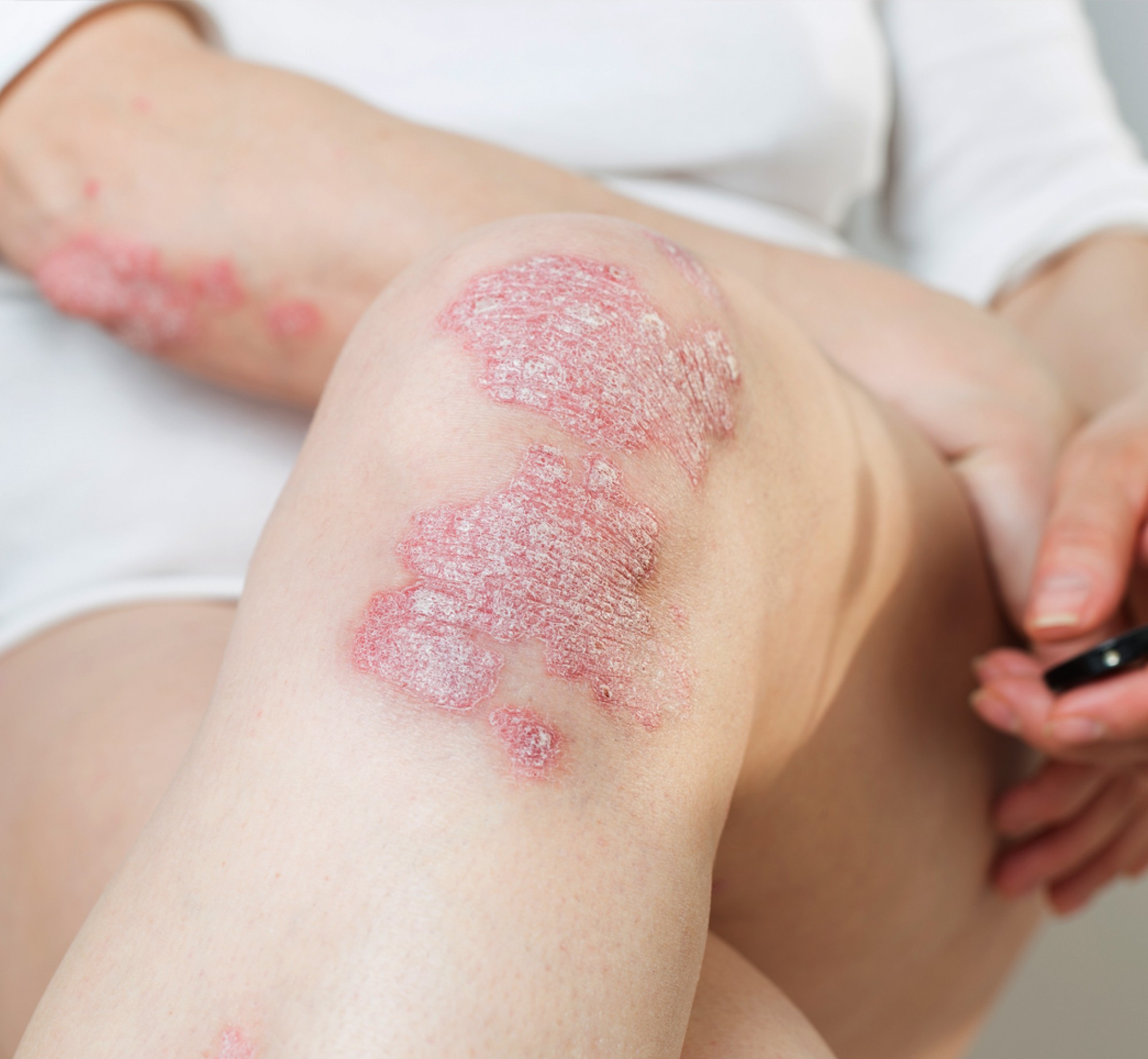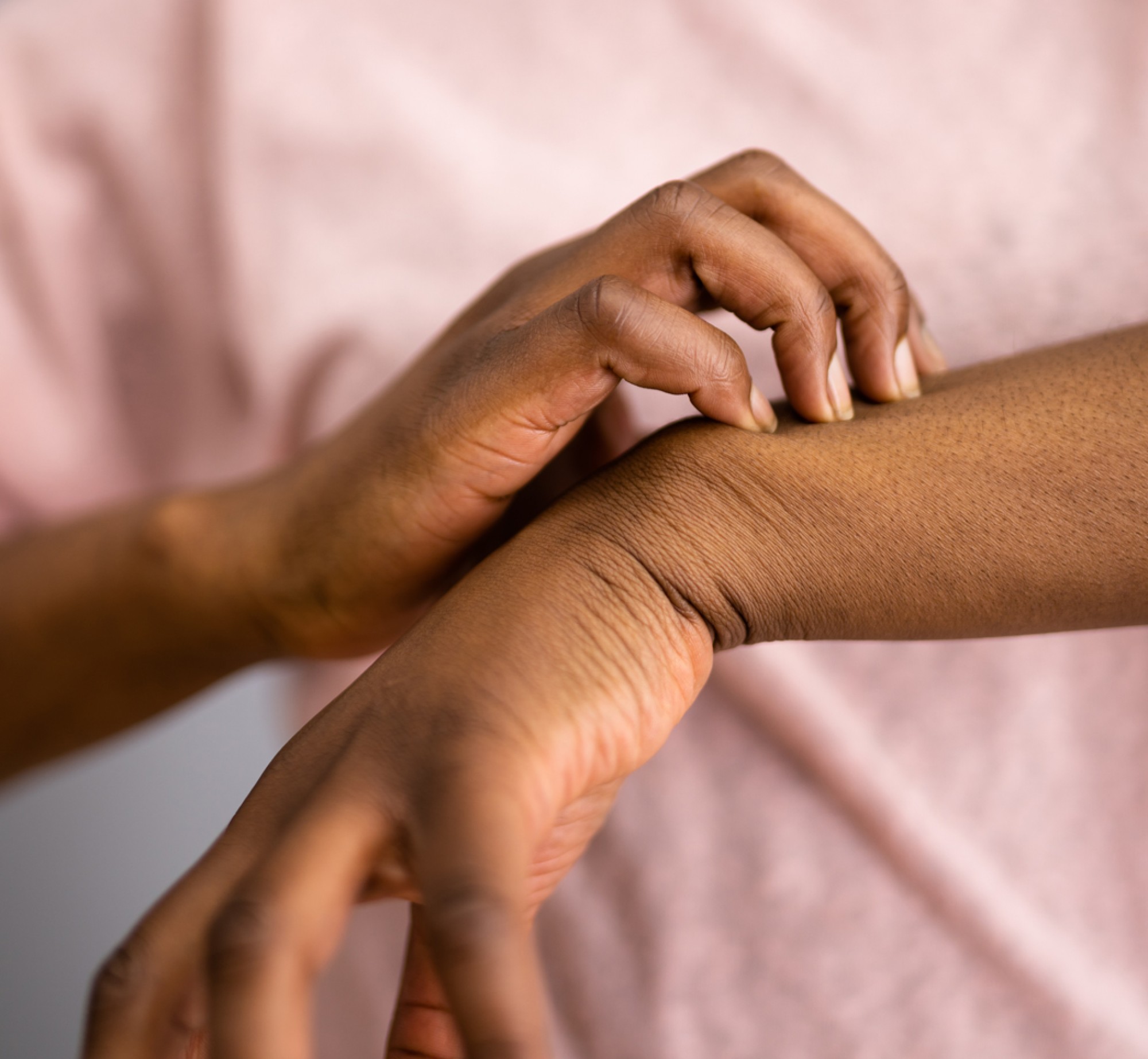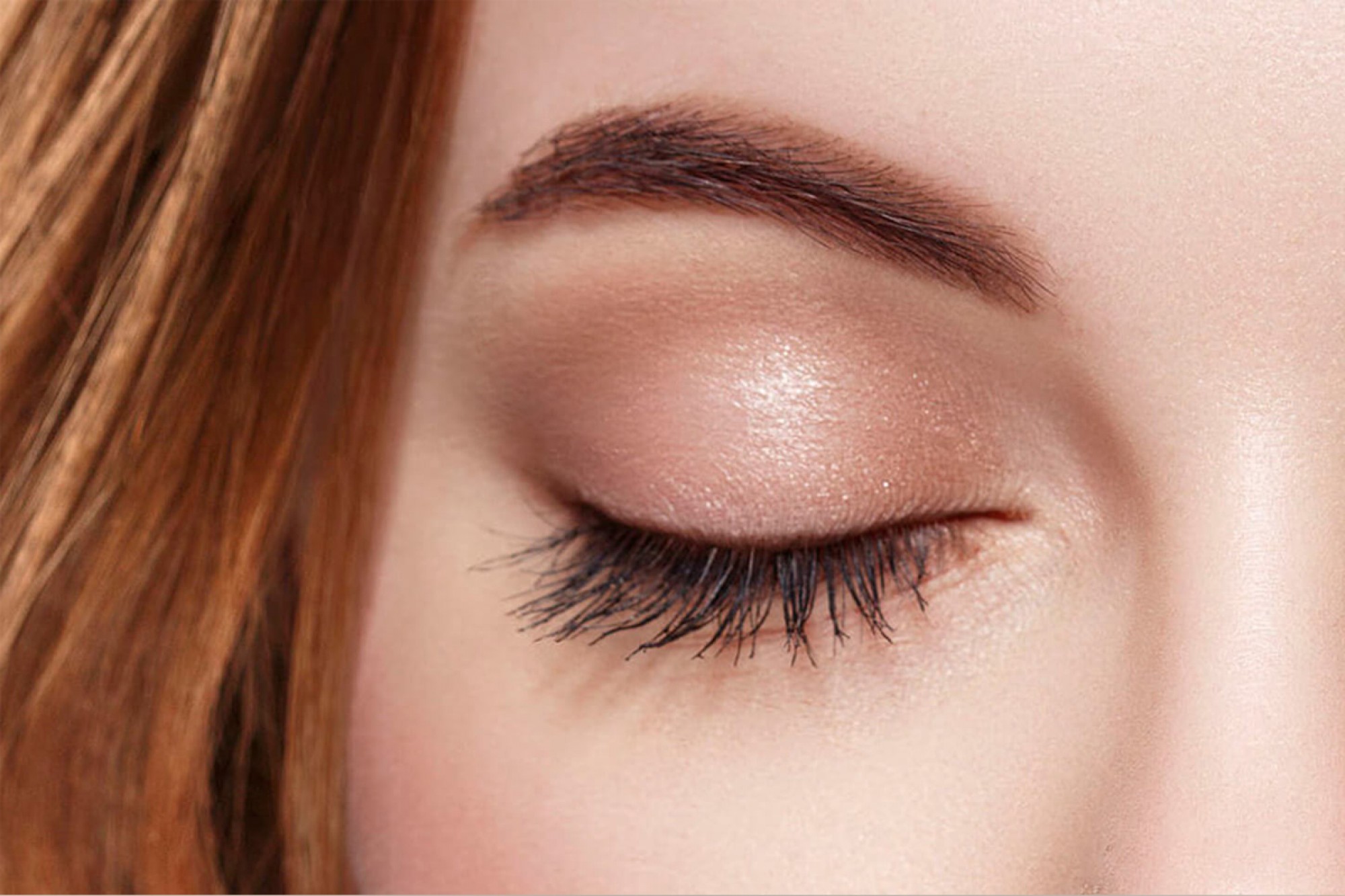
Angel Lopez - Google Review
I had a excellent experience with my hair transplant, Dr Charkawi was very clear with instructions pre and post operation, during Surgery i felt very calm and at ease during my procedure and he contacted me daily and remind me and follow up instructions, overall very good experience!! Best hair line ever!
PATIENT REVIEWS
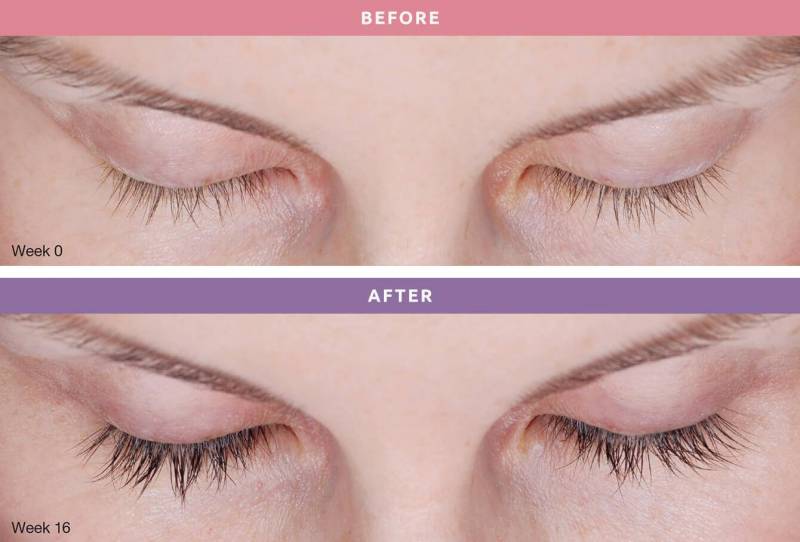
Indications, Important Safety Information and Prescribing Information
LATISSE® (bimatoprost
ophthalmic solution) 0.03% Important Information
Indication
LATISSE® (bimatoprost ophthalmic solution) 0.03% is indicated to treat
hypotrichosis of the eyelashes by increasing their growth, including length,
thickness, and darkness.
Important Safety Information
Contraindications: LATISSE® is
contraindicated in patients with hypersensitivity to bimatoprost or to any of
the ingredients.
Warnings and Precautions: In patients using LUMIGAN® (bimatoprost
ophthalmic solution) or other prostaglandin analogs for the treatment of
elevated intraocular pressure (IOP), the concomitant use of LATISSE® may
interfere with the desired reduction in IOP. Patients using prostaglandin
analogs including LUMIGAN® for
IOP reduction should only use LATISSE® after
consulting with their physician and should be monitored for changes to their
intraocular pressure.
Increased iris pigmentation has occurred when bimatoprost
solution was administered. Patients should be advised about the potential for
increased brown iris pigmentation, which is likely to be permanent.
Bimatoprost has been reported to cause pigment changes
(darkening) to periorbital pigmented tissues and eyelashes. The pigmentation is
expected to increase as long as bimatoprost is administered, but has been
reported to be reversible upon discontinuation of
bimatoprost in most patients.
There is the potential for hair growth to occur in areas
where LATISSE® solution
comes in repeated contact with skin surfaces. Apply LATISSE® only
to the skin of the upper eyelid margin at the base of the eyelashes.
LATISSE® solution should be used with caution in patients with active intraocular
inflammation (eg, uveitis) because the inflammation may be exacerbated. LATISSE® should
be used with caution in aphakic patients, in pseudophakic patients with a torn
posterior lens capsule, or in patients with known risk factors for macular
edema.
Adverse Reactions: The most frequently reported adverse events were eye pruritus,
conjunctival hyperemia, skin hyperpigmentation, ocular irritation, dry eye
symptoms, and periorbital erythema. These reactions occurred in less than 4% of
patients.
Postmarketing Experience: The following adverse reactions have been identified during
postapproval use of LATISSE®:
dry skin of the eyelid and/or periocular area, eye swelling, eyelid edema,
hypersensitivity (local allergic reactions), lacrimation increased, madarosis
and trichorrhexis (temporary loss of a few eyelashes to loss of sections of
eyelashes, and temporary eyelash breakage, respectively), periorbital and lid
changes associated with a deepening of the eyelid sulcus, rash (including
macular and erythematous), skin discoloration (periorbital), and vision
blurred.
Please see LATISSE® full Prescribing Information.
Bring Out the Beauty in Your Eyes
Fuller lashes and defined brows do more than frame your face—they enhance your expression, elevate your look, and give your eyes that captivating, confident glow. Whether you're dealing with thinning brows, sparse lashes, or just want to amplify your natural beauty, our lash and brow growth treatments are designed with what women truly desire: longer, fuller, healthier-looking hair in all the right places.
Why opt for eyelash extensions, eyebrow extensions, or other high-maintenance solutions when you can unlock the natural potential of your own lashes, brows, and hair? Springs Dermatology MD offers safe, effective, and easy options -right here in the heart of Sandy Springs and Metro Atlanta.
Lash & Brow Growth Serums
We offer many non-surgical treatment options that are prescribed by physicians only, such as Latisse, Neulash, and Neubrow that will enhance your brows and lashes hair growth.
Latisse
Want thick long eyelashes and eyelash growth? Latisse is an FDA approved medical treatment that transforms inadequate eyelashes into thicker and longer lashes in just a few weeks. The Latisse before and after difference is eye-catching! Are you a candidate?
NeuLash and NeuBrow
Want thicker, healthier brows or fuller lashes? Neulash and Neubrow are gentle yet professional formulas of botanicals and antioxidants for your eyebrows and eyelashes. The result is a fuller look in a few weeks. Curious yet?Permanant Surgical Solution
In addition, we offer eyebrow transplant solutions that will help you achieve permanent and natural-looking results. Our expertise, professionalism and personalized care add to the impressive results.
Ready to enhance your lashes and brows? Schedule your visit with Springs Dermatology MD or Springs Hair Restoration and take the first step toward effortless, everyday beauty.
Indications, Important Safety Information and Prescribing Information
LATISSE® (bimatoprost
ophthalmic solution) 0.03% Important Information
Indication
LATISSE® (bimatoprost ophthalmic solution) 0.03% is indicated to treat
hypotrichosis of the eyelashes by increasing their growth, including length,
thickness, and darkness.
Important Safety Information
Contraindications: LATISSE® is
contraindicated in patients with hypersensitivity to bimatoprost or to any of
the ingredients.
Warnings and Precautions: In patients using LUMIGAN® (bimatoprost
ophthalmic solution) or other prostaglandin analogs for the treatment of
elevated intraocular pressure (IOP), the concomitant use of LATISSE® may
interfere with the desired reduction in IOP. Patients using prostaglandin
analogs including LUMIGAN® for
IOP reduction should only use LATISSE® after
consulting with their physician and should be monitored for changes to their
intraocular pressure.
Increased iris pigmentation has occurred when bimatoprost
solution was administered. Patients should be advised about the potential for
increased brown iris pigmentation, which is likely to be permanent.
Bimatoprost has been reported to cause pigment changes
(darkening) to periorbital pigmented tissues and eyelashes. The pigmentation is
expected to increase as long as bimatoprost is administered, but has been
reported to be reversible upon discontinuation of
bimatoprost in most patients.
There is the potential for hair growth to occur in areas
where LATISSE® solution
comes in repeated contact with skin surfaces. Apply LATISSE® only
to the skin of the upper eyelid margin at the base of the eyelashes.
LATISSE® solution should be used with caution in patients with active intraocular
inflammation (eg, uveitis) because the inflammation may be exacerbated. LATISSE® should
be used with caution in aphakic patients, in pseudophakic patients with a torn
posterior lens capsule, or in patients with known risk factors for macular
edema.
Adverse Reactions: The most frequently reported adverse events were eye pruritus,
conjunctival hyperemia, skin hyperpigmentation, ocular irritation, dry eye
symptoms, and periorbital erythema. These reactions occurred in less than 4% of
patients.
Postmarketing Experience: The following adverse reactions have been identified during
postapproval use of LATISSE®:
dry skin of the eyelid and/or periocular area, eye swelling, eyelid edema,
hypersensitivity (local allergic reactions), lacrimation increased, madarosis
and trichorrhexis (temporary loss of a few eyelashes to loss of sections of
eyelashes, and temporary eyelash breakage, respectively), periorbital and lid
changes associated with a deepening of the eyelid sulcus, rash (including
macular and erythematous), skin discoloration (periorbital), and vision
blurred.
Please see LATISSE® full Prescribing Information.
Angel Lopez - Google Review
I had a excellent experience with my hair transplant, Dr Charkawi was very clear with instructions pre and post operation, during Surgery i felt very calm and at ease during my procedure and he contacted me daily and remind me and follow up instructions, overall very good experience!! Best hair line ever!
PATIENT REVIEWS







